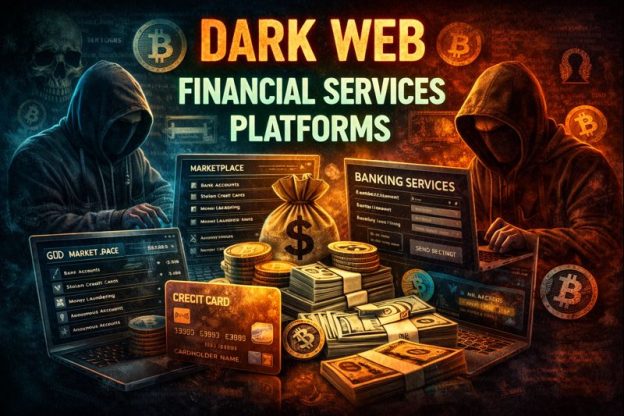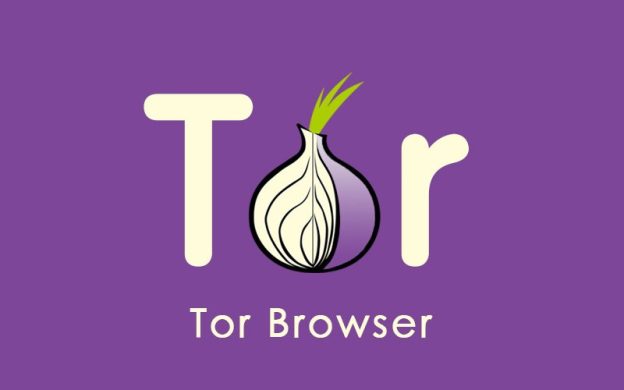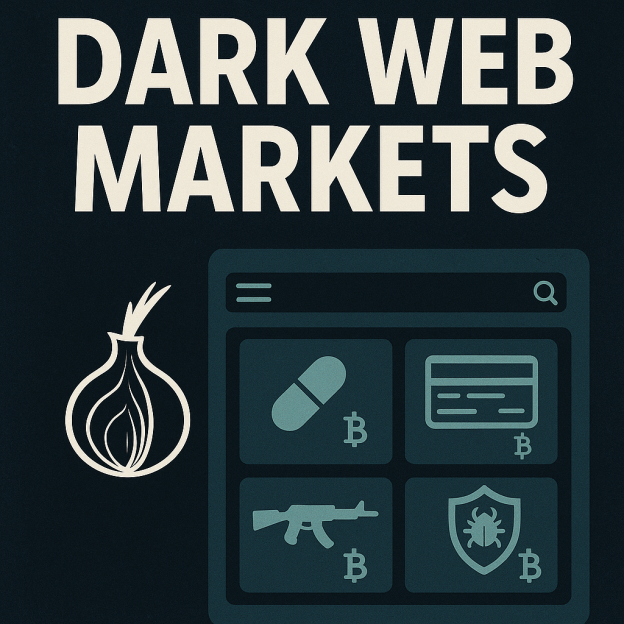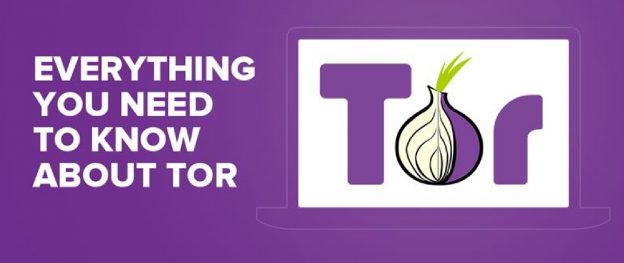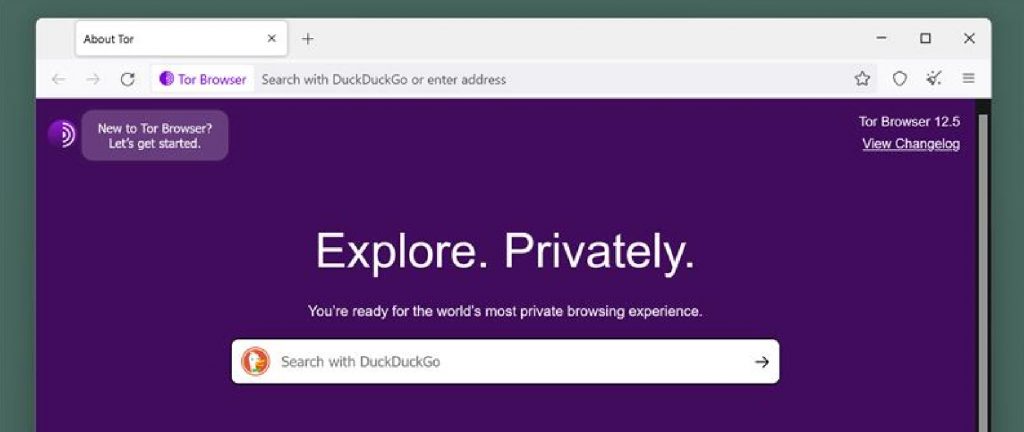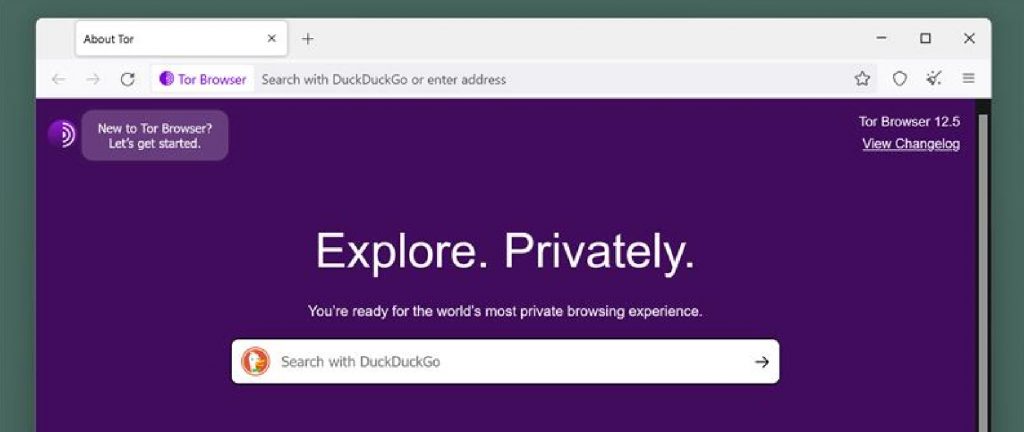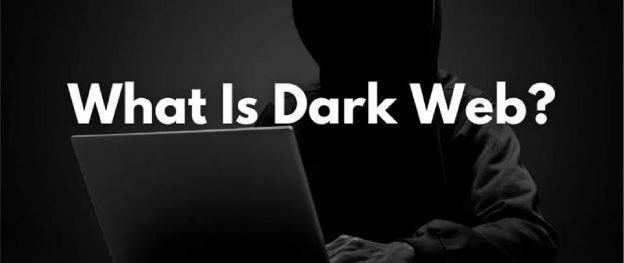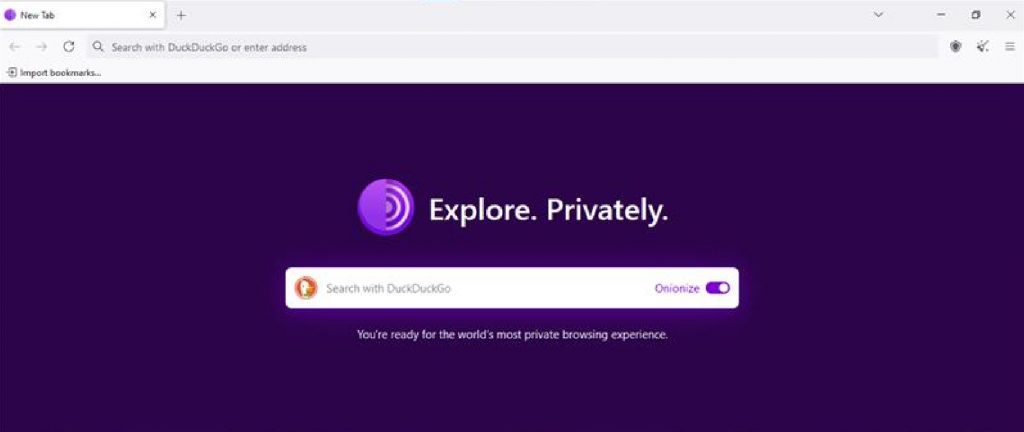Every user can locate whatever they would not find on the surface web by using the Hidden Wiki, which is a Wikipedia or onion link directory. Because the Hidden Wiki seems like a fascinating and popular onion world platform amid the vast online landscape, users have faith in it.
Nonetheless, this platform is well-known for its contentious reputation and serves as a gateway that links visitors to hidden services and content located deep within the deep web and black net. In contrast to other onion link directories, this essay explains why users trust the Hidden Wiki directory, which serves as the largest onion world platform.
So let’s go on to this page to learn why do users trust the Hidden Wiki and what makes the Hidden Wiki the largest and most reliable onion world platform for its users.
Why do users trust the Hidden Wiki?
A user’s reputation and trust are crucial components for an onion world to provide a satisfying user experience. For this reason, we have included some of the elements that contribute to users’ trust in the Hidden Wiki platform below. Because of this, their directory is among the best in the onion industry.
The Online Identity of Hidden Wiki Platform
The digital depiction of each person’s identity is defined by their online interactions. On the other hand, people can shape their online personas without disclosing who they really are thanks to the Hidden Wiki directory. For people who want to explore various hobbies, it can be saved. Or elicit viewpoints that would be controversial or even forbidden in their daily life.
The reliability and trustworthiness of online personas conceal the difference between authenticity and falsity, while the absence of responsibility heightens the analysis appropriately.
The Anonymity of the Hidden Wiki
The preferred platform, Hidden Wiki from Onion World, exemplifies the dual aspect of anonymity that fosters user confidence. This allows users to access data and services that are hidden. Protecting their privacy regarding both positive and negative things at the same time.
Additionally, the Hidden Wiki directory provides safe data access, freedom of expression, and courageous communication to its users who live under repressive governments. Additionally, it provides a safe sanctuary for illegal activity on the dark and deep web surfaces. Drug trafficking, hacking, purchasing firearms, and other illicit activities that take advantage of the anonymity and protective cover.
Privacy Concerns and Data Privacy of Users
A user’s privacy and data security concerns are raised by the Hidden Wiki platform’s obscurity, which protects against identity disclosure and fosters trust. It also presents problems with cyberattacks, data breaches, and possible misuse of personal information.
Nonetheless, it is burdensome for a user to understand the dangers of using anonymous sites and to take the necessary safety measures to protect their privacy. These safety measures include using encryption tools, secure communication methods, and prudence when disclosing sensitive information.
The Platform Justifying the Dark Side of Obscurity
In the context of the hidden wiki service, efforts are being undertaken to lessen the negative aspects of obscurity. Techniques for tracking and apprehending those involved in unlawful activity are being modified by law enforcement.
In order to provide decentralized accountability while protecting user privacy, technological innovations like blockchain and encryption systems are also being investigated. However, striking the ideal balance between responsibility and privacy continues to be a difficult task.
The Hidden Wiki Directory Promotes Responsible Use
In order to successfully navigate the challenging terrain of anonymity, responsibility, and user trust, the Hidden Wiki encyclopedia promotes user education and responsible usage of the Platform. Encouraging moral conduct, responsible decision-making, and digital literacy. This can enable people to make well-informed decisions while protecting both themselves and the larger online community.
The Platform is Always Updated
Although there are numerous dark and deep web platforms, the majority will provide you with outdated URLs that are either down or have been restored. The hidden Wiki directory, on the other hand, won’t cause you this problem because it will be updated with the most recent deep web and dark web links every three minutes.
Always Stays Online
The deep and dark web is a vast network with several links that occasionally go offline and come back online. Although there is some explosiveness, users of the Hidden Wiki platform don’t have to be concerned about it.
If you are utilizing this platform and it abruptly goes offline, you don’t have to worry about anything. Because of this, a user will gain from visiting the website frequently, which is another factor boosting user trust. If it goes down, all you have to do is refresh the page to bring it back online.
A Vast Category of the Dark Web Links
The hidden Wiki encyclopedia is referred to as the “directory of the onion world” because of the platform’s extensive collection of deep web and dark net links.
On the other hand, a user will discover numerous directory features when they access the hidden Wiki server. However, as the hidden wiki platform is an encyclopedia of all the likely links users would encounter on the dark web, users can land on any link from it.
The following categories and subcategories comprise the links on the secret wiki directory:
- Darknet forums and marketplaces
- Darknet’s email services
- Counterfeit money
- Financial services
- Domain-based services
- Business services
- Drugs, Books, and Darknet Onion Hosting
- Sexual content
- P2P sharing of files
NOTE: Be aware that there are phony and fraudulent alternatives on these deep and dark web connections, which could harm your computer and compromise your privacy.
Here, we’ve included some of the most popular deep web and dark web link categories that can be found on the Hidden Wiki platform.
Conclusion
We’ve covered every crucial element that contributes to the hidden wiki’s users’ increased trust. I believe all of your inquiries about a user’s faith in a hidden wiki are addressed in this guide. If you have any questions about the Hidden Wiki, the deep and dark web, please let us know in the comments section.

